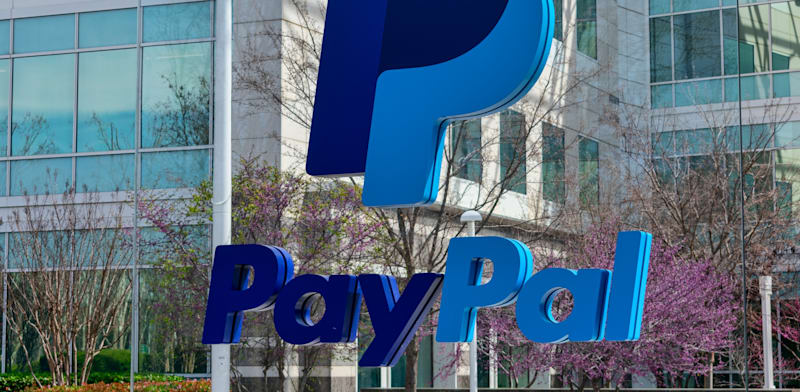Hong Kong’s central bank has published the conclusion of its discussion paper on crypto assets, and has announced plans to introduce a new regulatory regime for stablecoins.
The announcement follows a year of volatility in cryptocurrency markets marked by the sudden collapse of leading crypto exchange, FTX, in November, and that of TerraUSD stablecoin, in May.
Peter Burnett, managing director at Standard Chartered Bank’s Hong Kong branch, believes that regulatory action in the crypto space was to be expected in light of recent events, but notes that that the HKMA will be keen not to stifle innovation.
“If you look at recent events in the cryptocurrency world, it’s clear that regulation is on its way. They’re [the HKMA] not necessarily going to regulate the technology – it’s how the technology is applied that needs attention.”
“I think it’s an important distinction. We want to encourage the development of the technology but then regulate how it is being used commercially,” he told FinanceAsia.
In January 2022, the HKMA published a discussion paper inviting industry experts to submit feedback on the territory’s future handling of virtual assets. It received 58 submissions by the March-end deadline.
The report concluded that stablecoins (virtual currencies backed by fiat) would be the first priority given their greater potential for use as alternatives to fiat in payments, and hence present more imminent risk to the territory’s monetary and financial stability.
The report detailed the key stablecoin activities that would be regulated as: governance; issuance; stabilisation and reserve management; and wallets.
It flagged parties that would be required to obtain a licence as those that conduct regulated stablecoin activities in Hong Kong; actively market a regulated activity to the public; or conduct activities which concern a stablecoin linked to the Hong Kong dollar.
Source: HKMA Conclusion of Discussion Paper on Crypto-assets and Stablecoins, January 2023
Rocky Tung, director and head of policy research at the Financial Services Development Council (FSDC), noted that not only Hong Kong but most “global reputable financial markets” are converging towards introducing standardised virtual asset regulations.
“While some participants may consider that opportunities for regulatory arbitrage would exist across different markets, what the HKMA has announced is a responsible way to address both the considerations of investor protection and [to foster] market facilitation,” he told FA.
He believes that the HKMA’s approach to virtual assets will serve as an example for other major financial markets that are drafting their own regulations in the space.
The market, meanwhile, awaits further details on the new framework.
“A more detailed consultation, with more granular information about the regulatory regime, will be conducted in due course,” the HKMA report reads.
Kishore Bhindi, Hong Kong-based financial regulatory counsel at Linklaters, said, “The next consultation paper from the HKMA on the topic will be more interesting to see as it’ll include more details on the nuts and bolts that will make up the regime for stablecoins.”
“The current consultation conclusions are fairly light on detail and what has been set out to date isn’t necessarily path-breaking in its content nor its direction of travel.”
He added that while the current focus appeared to be on stablecoins, Hong Kong’s regulators were still “very interested” in other digital applications of the technology and were aware of the need for regulation in other areas.
A new licensing scheme for virtual asset service providers is due to take effect in March this year.
Read also: Clarification around HK’s virtual assets policy comes amid FTX collapse.
¬ Haymarket Media Limited. All rights reserved.






































